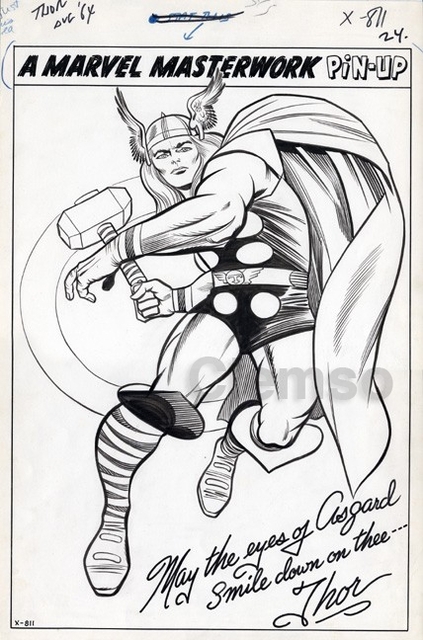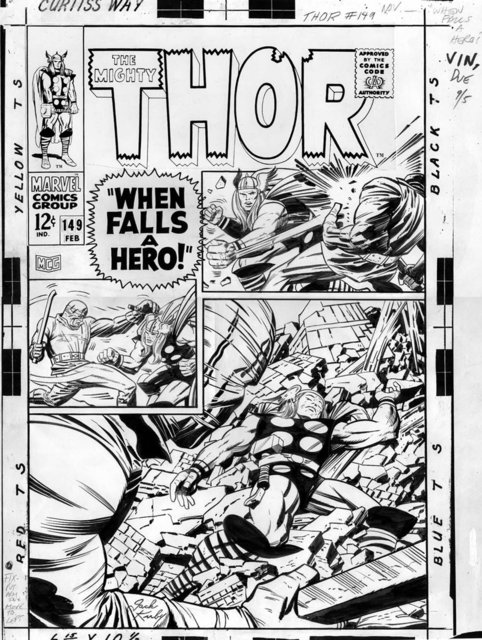Feature Interview: We Dialogue With Thor Director Kenneth Branagh
An Interview With Thor Director Kenneth Branagh


Kenneth Branagh and Stan Lee
Alex J. Berliner/ABImages



Latest Article|September 3, 2020|Free
::Making Grown Men Cry Since 1992


Kenneth Branagh and Stan Lee
Alex J. Berliner/ABImages



